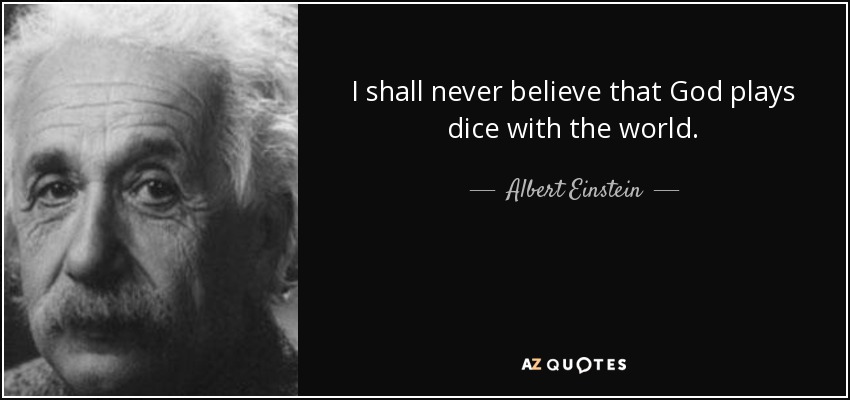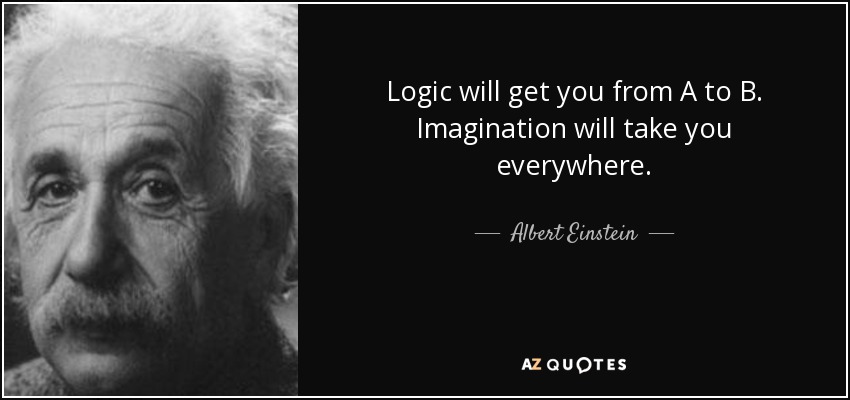Random, Willable and Predictable
Ever heard the idiom “When bad things happen to good people”?
I cringe when I hear about a toddler that got hurt. This innocent life, not able to hate, nor harm, nor think ill of anyone or anything – why did a bad thing happen to them?
After all, if there is such thing as Karma, and balance, and a G-d, why does it happen?
What if “life” was the sum of all forces acting on the universe at once? What if everything we experience, is the net result? Then there ought to be some explanation (whether we like it or not) to innocent lives getting hurt.
Imagine, that you were to think about throwing a glass full of water in the air and let it smash on the floor. After you think about it, you then actually do it. What would be the net result?
You will see the glass being lifted in the air, reach a point that will go no higher and then come crashing down to the floor due to gravity. The next thing you will see is the glass shattering to many pieces and the water splashing and splattering all over.
What part of this scene was random, what part was willable, what part was predictable?
Let’s define the terms, and then examine together.
Random – “Occurring without definite aim, reason, or pattern”
Willable – “Capable of being willed or fixed by will” (see Chapter 13)
Predictable – “Expected, especially on the basis of previous or known behavior“
It is your thoughts and acts that dictated if to throw the glass of water, in which direction, how much force etc. We’ll say that this part is willable – because you willed it into your life. It is willable as you could have decided NOT to do it. It is NOT a random act, and it is NOT predictable that you will do it.
The glass will reach some random height which is a derivative of all the physical forces you exerted. The direction in which your hand will ultimately move, the force it will exert, when you will stop your hand motion and so on are a random value. You may not be able even if you wanted to, to repeat it again and again exactly in the same way. We’ll say that this part is random – because after you decided to throw the glass, the exact nature of the act is unknown, even to you. It is random as you can NOT do it again in the same way. It is NOT a willable act, as you can’t will your hand to do exactly the same thing. It is NOT predictable, as you can’t predict your hand to do exactly the same thing.
Once your random hand movement reached its apex, you could use a super-computer to calculate the rest of the results, the force the glass hits the floor with, and the smithereens and splashing that follows. We’ll say that this is part is predictable – because it is obeying the laws of physics, without any interruption (of additional willed or random forces). It is predictable as the glass can not decide to NOT obey the laws of physics. It is NOT a random act as based on Newtonian physics you can calculate what will transpire. It is NOT willable as you can not will the glass to stay in the air.
What if the sum of life is made up of these three types of events? What if we can’t always know which one is the true reason behind what we see, or the one that influenced the most? What if all the time events happen that include a MIX of the three and it is hard to separate them easily?
What is a magician if not someone who makes something random, seem predictable?
Click here for Chapter 26
References and Quotes:
Definition of Random
Definition of Willable
Definition of Predictable


